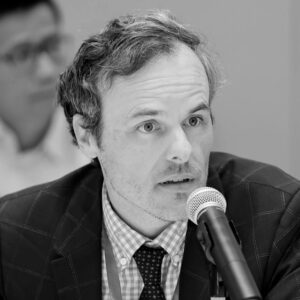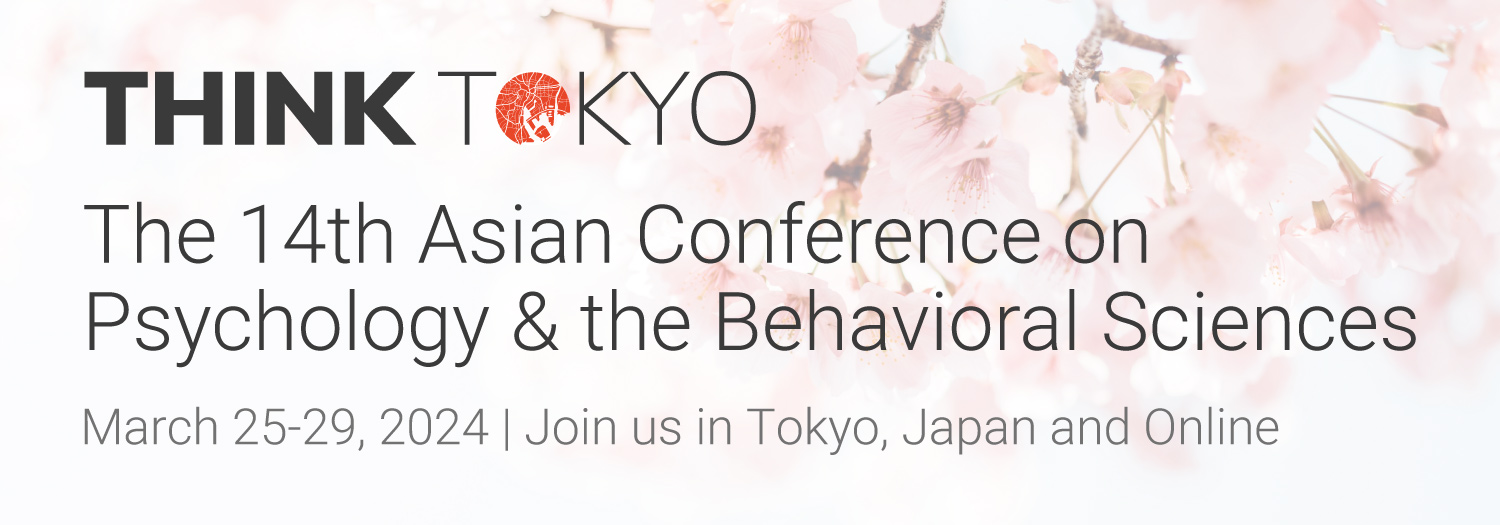Healing the Scars of War: Teaching for Peace through Higher Education in Divided and Conflict-Affected Contexts
Given the growing importance of higher education within the international community in its efforts to achieve the United Nations’ 2030 Sustainable Development Goals (SDGs), this presentation examines the potentiality for higher education to contribute to peacebuilding in divided and conflict-affected settings. For more than a decade, the international community has explicitly stated that the achievement of global development goals is dependent on addressing access to quality education in conflict-affected contexts; and, in 2015, the SDGs extended this to higher education. However, in settings affected by conflict, higher education is often perceived to be a luxury, not a necessity. Recent research has indicated the positive role of higher education to contribute to post-conflict recovery, reconciliation, the promotion of democracy, and preservation of local culture, but little is known about how university educators themselves teach for peace and reconciliation through higher education in settings affected by conflict. In light of this lacuna, this presentation explores higher education pedagogies and policies for peace with university educators in four divided and conflict-affected contexts: China/Taiwan, Cyprus, Korea, and Somalia. Data was collected through extensive fieldwork, document analysis, and interviews with 34 faculty. Inductive thematic analysis generated four themes (community, complexity, criticality, and change) that were then further analysed through the lenses of cultural political economy of education and borderlands. Findings reveal contested interpretations of peace across cultures and educational settings, as well as creative and resilient approaches to teaching for peace and reconciliation in divided and conflict-affected contexts. Learning from cross-cutting themes within and across these locales is valuable for faculty in each of the settings as well as those faculty and policymakers elsewhere who promote peace through higher education in other divided and conflict-affected regions.
Speaker Biography
Kevin Kester
Seoul National University, South Korea

Kevin Kester is Associate Professor of Comparative International Education and Peace/Development Studies at Seoul National University, South Korea. He is cross-appointed to the Interdisciplinary MA/PhD Program in Global Education Cooperation in the Department of Education; Interdisciplinary MA Program in Peace and Unification Studies in the College of Social Sciences; and the MA Program in International Development in the Graduate School of International Studies. He is also Visiting Professor at the University of Hargeisa’s Institute for Peace and Conflict Studies in Somaliland and consultant to UNESCO’s Asia-Pacific Centre of Education for International Understanding in Seoul. He holds a PhD in Education and International Development from the University of Cambridge, United Kingdom. His research interests lie in the sociology and politics of education with a focus on the intersectional fields of comparative education, education and conflict, peace education, and global citizenship education. His most recent books are the Common Curriculum Guide for Peace Education in Northeast Asia (2023, UNESCO) and The United Nations and Higher Education: Peacebuilding, Social Justice and Global Cooperation for the 21st Century (2020, IAP). More on his background can be found here: https://kevinkester.weebly.com/
About the Presenter(s)
Kevin Kester is Associate Professor of Comparative International Education and Peace/Development Studies at Seoul National University, South Korea.
See this presentation on the full schedule – Monday Schedule





Comments
Powered by WP LinkPress